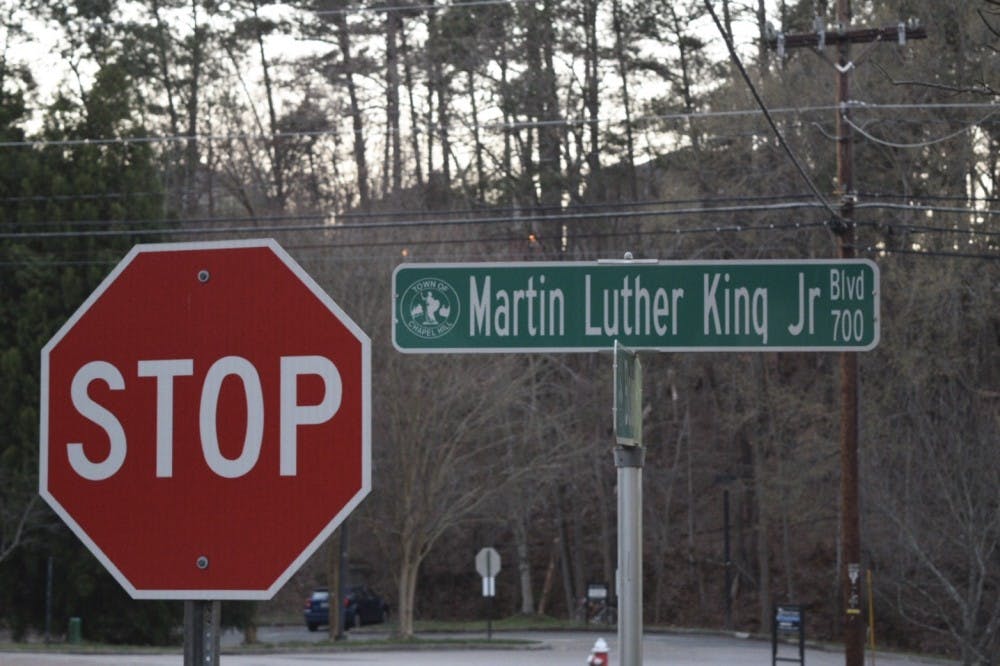The Town of Chapel Hill announced Thursday that it received an "opportunity zone" designation for the census tract near Martin Luther King Jr. Boulevard and South Estes Drive. The Town applied and was approved for the designation last spring.
“The primary goal was to create a tool that encourages people to invest and reinvest in this census tract for the betterment of the census tract, for the betterment of Chapel Hill,” said Dwight Bassett, the Town's economic development officer.
An opportunity zone is a low-income area that aims to attract investors by incentivizing them to reinvest their capital gains, or a profit from the sale of property or an investment. By doing this, the investor can defer their capital gains taxes until 2026, and if they hold the property for at least 10 years, they will not have to pay any of these taxes when they sell it. The investor still has to pay the tax on the initial investment.
The U.S. Department of the Treasury designates certain tracts as opportunity zones, which must meet the income thresholds, meaning the poverty rate is at least 20 percent or the family income is less than 80 percent of median income.
“So now, there’s this additional source of capital to invest in businesses or in redevelopment or development of property, and it’s just a matter of where there are either businesses or development proposals that are ready to receive that investment,” said Tyler Mulligan, a UNC associate professor of public law and government.
The Tax Cuts and Jobs Act of 2017 created opportunity zones, but left some regulations unclear.
“If you were to compare zones, you’d say the zones with the most growth potential would be the most attractive,” said Mulligan.
Mulligan said investors will put their money in places that they think will increase in value the most over the next 10 years. Since real estate development projects are more likely to stay in the zone for the next 10 years than businesses, they are a more secure option with the current regulations given.
Bassett said he is excited because the opportunity zone will encourage investment in parts of the downtown area, improve the income level and boost job creation in the community.




